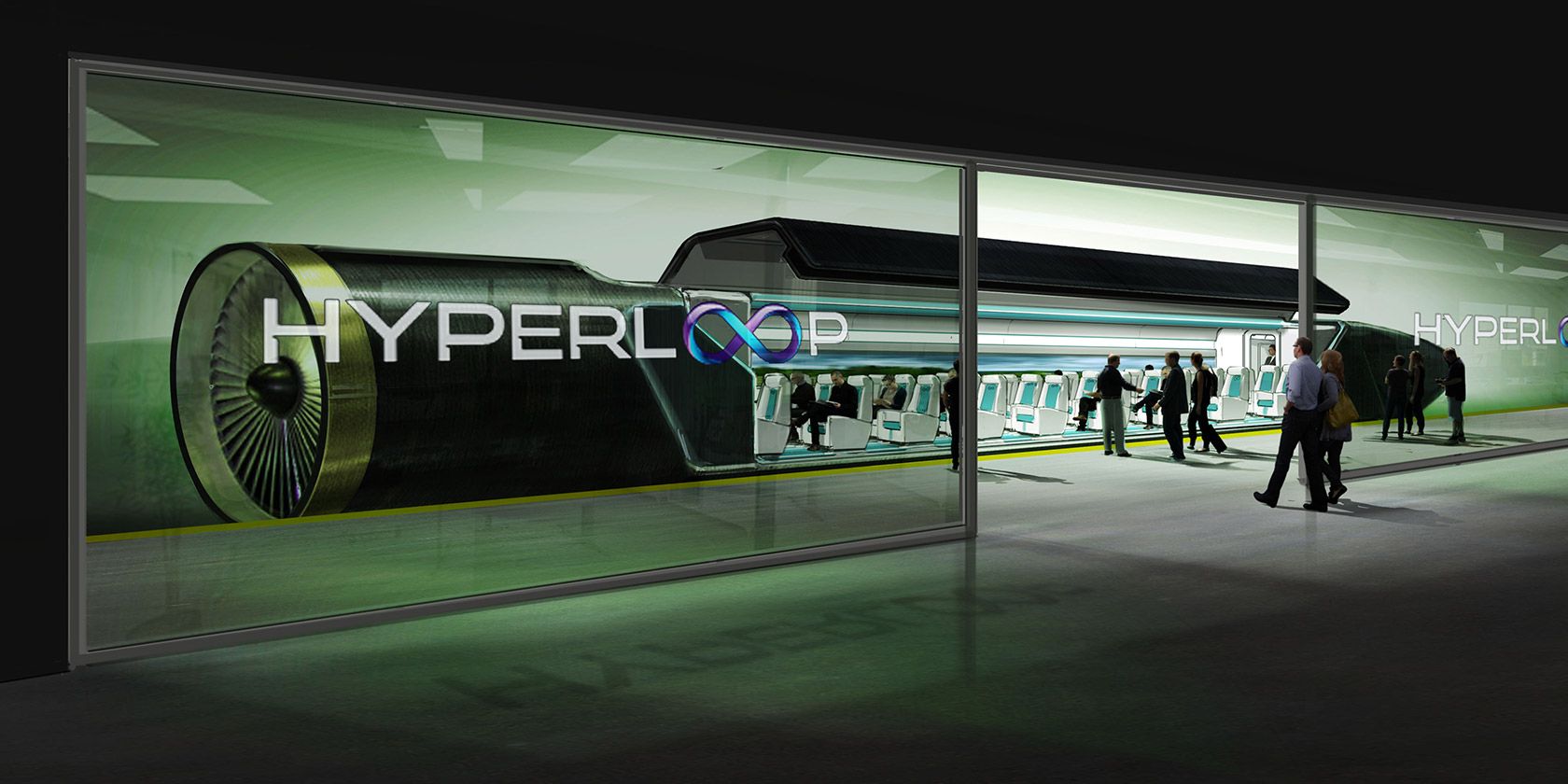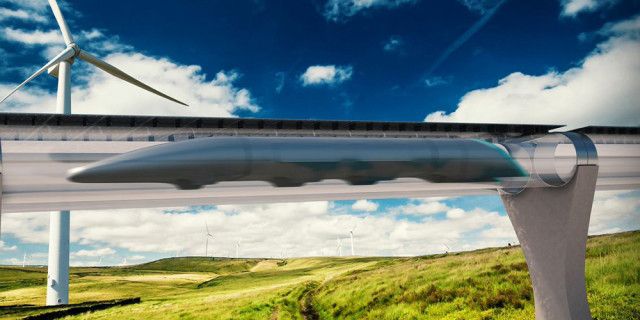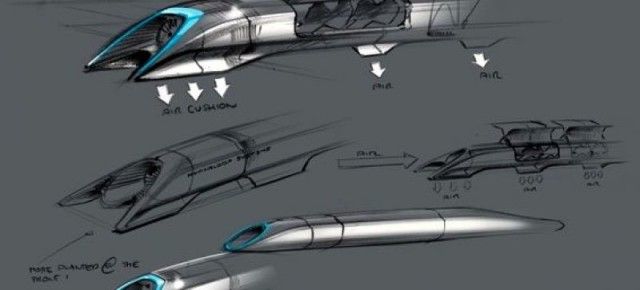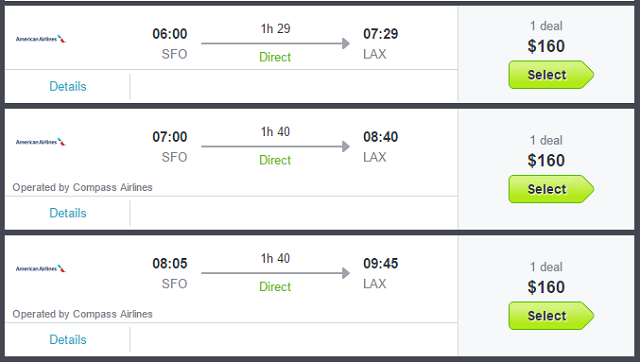The Hyperloop is a really, really good idea. The technology itself -- which is based on sending passengers in pods coursing through vacuum tubes at improbably fast speeds -- is, without a doubt, going to radically change the world.
But more than that, it's going to change our society for the better. Here's why.
1. It Will Solve the Housing Crisis
Over the past twenty years, the cost of housing in metropolitan locations, like London and San Francisco, has soared. This has been due to a number of factors -- demand, speculation, even money laundering -- but the consequence has been pretty uniform.
The poorest have been displaced from these cities, as it has become no longer tenable to live in them on a working-class, or even middle-class, wage.
The Hyperloop won't fix this. It won't make cities like London or San Francisco any less attractive to live in. It won't stop people looking at housing as an investment rather than a place to live. And no, the Hyperloop won't convince governments to move money into affordable housing or much-needed rent controls.
But it will make it possible to commute from ever-distant towns and cities. It will make it possible to travel cheaply from Edinburgh to London in just thirty minutes. Edinburgh, in addition to being lovely, has a significantly lower cost of living than London and plentiful housing stock.
Similarly, it will make it possible to travel between San Francisco and Los Angeles in thirty minutes, where housing is around 66% cheaper.
Both London and San Francisco -- and cities like them, including Geneva, Paris, and Vancouver -- have seen a tragic social cleansing due to gentrification. The Hyperloop won't fix this, but it will allow ordinary people to continue taking advantage of work and schooling opportunities without paying an arm and a leg for housing.
2. It's Cheaper Than the Alternatives
When Elon Musk first released his plans for the Hyperloop in 2013, he also used the opportunity to bash California's $70 billion plan for a high-speed rail line as being too slow, too expensive, and too impractical.
Those criticisms could apply to all of rail travel in general.
Creating new rail lines is both extremely expensive and hugely disruptive. The U.K. is currently working on a new high-speed rail line called HS2, which will stretch from London to Manchester (a four-hour trip by car). Construction is estimated to be completed in 2033, and the final cost is estimated to be over $106 billion.
Upgrading existing lines is also expensive. The U.K.'s rail network still depends on antiquated stock and old Pacer trains, which were supposed to have been retired in the 1990s.
The Hyperloop doesn't have any of these problems. It can exist on stilts way above existing roadway infrastructure or farmland, reducing the costs and time required to build. Elon Musk himself believes that a line running from San Francisco to Los Angeles will only cost between $6 billion and $16 billion (although this has been disputed).
3. It's the Safest Form of Transportation
The United States is huge. A consequence of this means if you want to get anywhere fast, you have to fly. Thankfully, flying is one of the safest modes of transportation we currently have. When a plane crashes, it's a major news story: that's how rare plane crashes are.
But the Hyperloop will be even safer. First of all, because the "pods" -- which will contain individuals and cargo -- will be fully driverless, there's no chance of human error causing an accident. There will be zero chance of an intoxicated driver causing a collision or a tired driver falling asleep at the wheel.
Elon Musk himself said that it is "intrinsically safer than airplanes, trains, or automobiles". In the original plan for the system, he said:
"The system is immune to wind, ice, fog, and rain. The propulsion system is integrated into the tube and can only accelerate the capsule to speeds that are safe in each section. With human control error and unpredictable weather removed from the system, very few safety concerns remain."
Musk also believes that the finished product will eventually have safety mechanisms that will mitigate against the biggest threat, depressurization of a Hyperloop tube:
"In the unlikely event of a large scale capsule depressurization, other capsules in the tube would automatically begin emergency braking whilst the Hyperloop tube would undergo rapid re-pressurization along its entire length.
Once all capsules behind the stranded capsule had been safely brought to rest, capsules would drive themselves to safety using small onboard electric motors to power deployed wheels. All capsules would be equipped with a reserve air supply great enough to ensure the safety of all passengers for a worst case scenario event."
4. It Will Be Affordable to the Masses
Because the Hyperloop will be so incredibly efficient -- both in terms of the energy consumed and in terms of the potential passenger throughput -- it will also be the cheapest consumer mode of transportation ever.
Elon Musk claims that a ticket from San Francisco to Los Angeles would cost just $20. Meanwhile, at the time of writing, the cheapest last-minute direct plane ticket Skyscanner could find for me is $160.
That flight would also take roughly three times the proposed Hyperloop speed. This doesn't take into account the time spent at the airport, waiting in long TSA lines and dealing with potential delays. Nor does it take into account the time required to commute to-and-from the airport.
This speed is hugely important. It essentially democratizes supersonic transportation, which has previously been the preserve of the ultra-rich. Before the Concorde was retired in 2003, a round-trip ticket across the Atlantic would have cost roughtly $16,000.
That's equivalent to the cost of a new car or a community college degree. It was, obviously, completely unaffordable for most ordinary people. But the Hyperloop will finally make it possible for the same ordinary people to travel at supersonic speeds.
It's Science Fact, Not Science Fiction
Earlier this year, a former colleague of mine boarded a bus in Las Vegas and headed deep into the sweltering Nevada desert. He was on his way to see the flagship test of Hyperloop One's propulsion system. When we met up weeks later in Amsterdam for The Next Web 2016, I asked him what it was like.
"Watching history in the making", he said.
There's something inherently futuristic about the Hyperloop. Even its name sounds ahead of our time. You could be forgiven for thinking that it's something someone stole from science fiction and ran with, but it isn't. It's truly happening.
The Hyperloop is real and people are spending a lot of time and money in bringing it to life. This technology, which seems "too good to be true" in many ways, is going to change the world -- and it's going to happen in our lifetimes.
What do you think of the Hyperloop? Are you excited for its potential or is it an overhyped piece of technology that will never live up to its claims? Share your thoughts with us in the comments!




